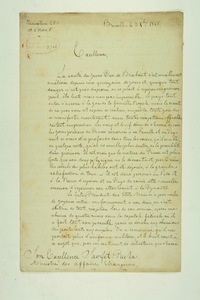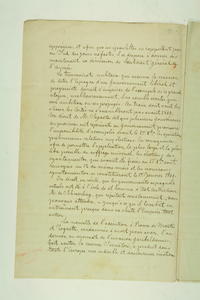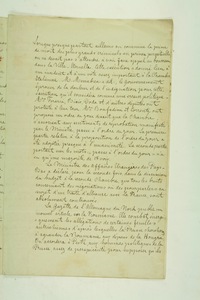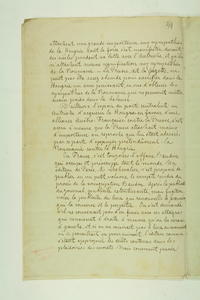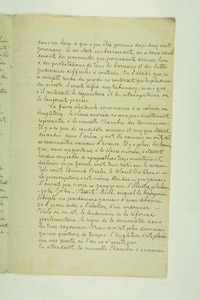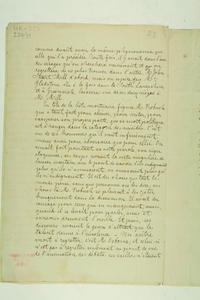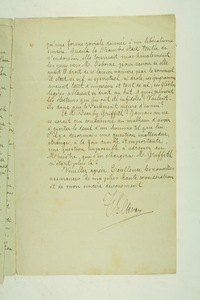Ottoman Diplomats
Letters from the Imperial Legation in Brussels (1849–1914)
Synopsis
Glavany starts his report, on the political situations in several countries, by noting that the health of the Duke of Brabant (prince Leopold, son of King Leopold II) is getting better, but that the danger has not disappeared. A long healing process was to be expected. Therefore, all official receptions stayed suspended. Glavany notes that the Belgian people really empathize with the royal family. Furthermore, he states that the prince is stronger than he looks. Glavany then mentions the United States and their future president, Ulysses S. Grant, who returned after four months of absence in the capital of the federation. Grant did not want a joyous reception at his arrival, and he did not wear his military uniform. As a sign that he did not want to remind the South of its bad memories, he had resigned from his duty as Lieutenant-General. Glavany notes that Spain should take that as an example. However, he does not foresee that for the near future and refers to the postponed elections of the ayuntamientos, the Spanish municipality councils. He sees parallels between this case and the attitude of Schmerling, an Austrian statesman, who was known by Glavany for saying “We can wait”, almost until the fall of the entire Empire. Furthermore, Glavany reports about the indescribable emotions that the execution of Italian revolutionaries Monti and Tognetti had provoked in Europe, since almost everywhere in Europe death penalty was replaced by lifelong imprisonment. The execution led to an important incident in the Italian parliament, which agreed that the execution had been a political mistake. Glavany also notes that the Dutch Minister for Foreign Affairs had declared for a second time that the rumours about a treaty of alliance with France were false. He also reports about Romania in the German and Austrian press. There were rumours that Prussia would try to enlarge the Romanian territory at Hungarian expense. In the following, he writes about a French press incident (the Baudin case), and describes the result of elections in England: the working class would not be represented in the House of Commons. Glavany mentions that the famous philosopher John Stuart Mill had given 25£ to help a shoemaker getting elected. Although it did not work this time, Glavany thinks that the parliamentary reforms and the reign of democracy have become unstoppable. Glavany also reports the death of three MPs and gives his opinion on whether the deaths were unfortunate.
Facsimiles
How to cite
If you use this website for your own research, we kindly ask you to mention the following reference in your publications:
Consulted online at Ottoman Diplomats: Letters From the Imperial Legation in Brussels (1849–1914) (2014 Edition), Centre for Political History (PoHis), University of Antwerp, <http://dighum.uantwerpen.be/ottomandiplomats/>.
